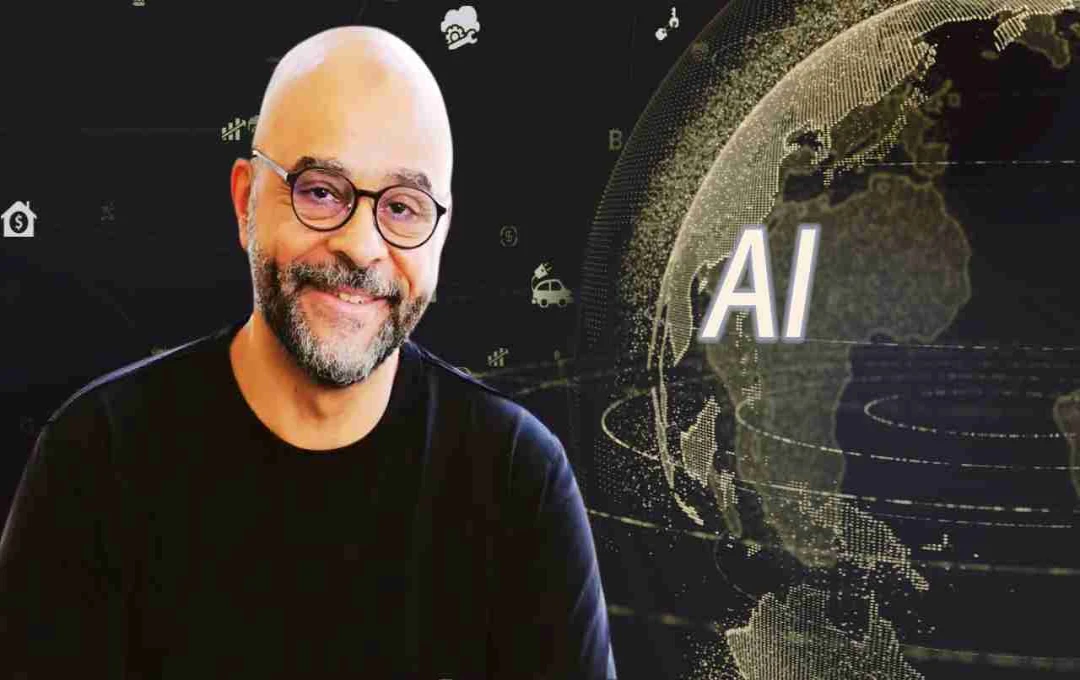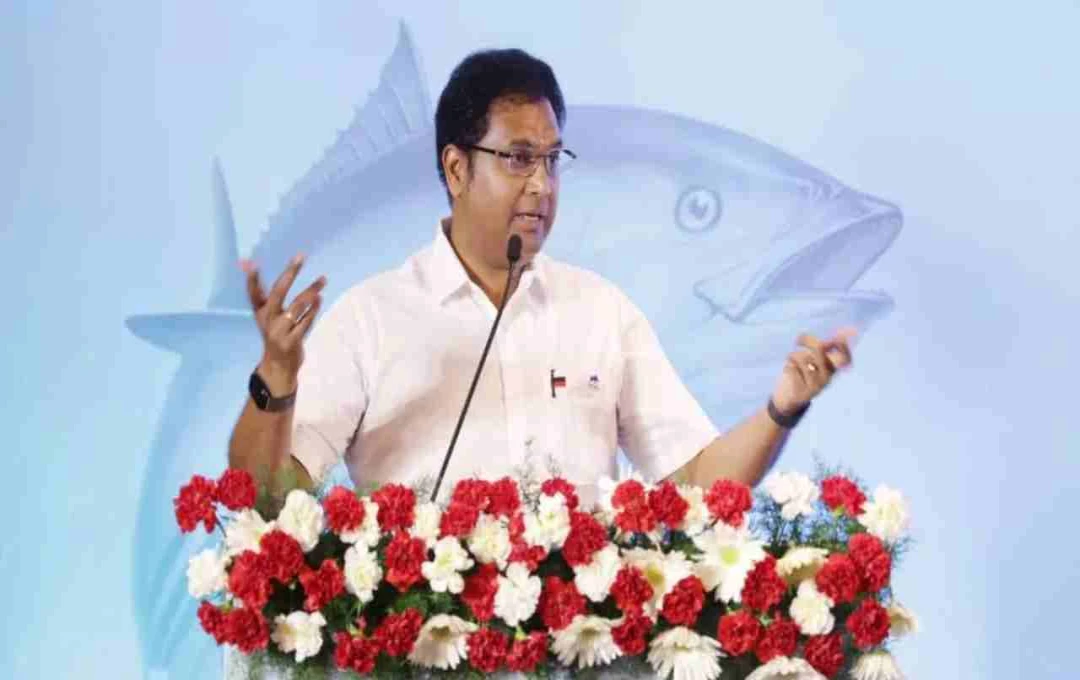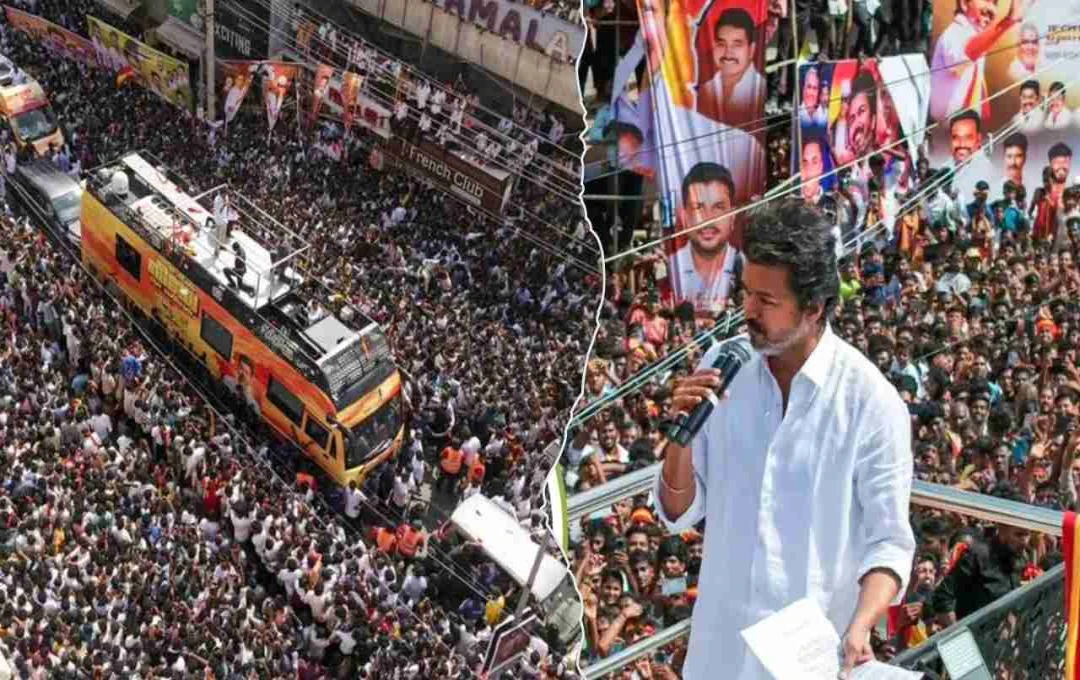Former Google executive Mo Gawdat has warned that AI will put middle-class jobs at risk by 2027, potentially leading to social instability, mental stress, and economic crisis.
Artificial Intelligence: The rapidly increasing acceptance of Artificial Intelligence (AI) worldwide has sparked a new debate—will AI become the largest substitute for human labor in the coming years? Are we moving towards an era where technology will perform better and be more reliable than humans? Amidst these questions, a recent prediction by former Google executive Mo Gawdat has caused a sensation.
Mo Gawdat stated in a podcast, 'Diary of a CEO,' that AI-powered automation would jeopardize a large number of middle-class jobs by 2027. He has termed this situation 'hell before getting to heaven.'
'Educated Middle Class' Will Be Most Affected by AI
Gawdat says that while the previous industrial revolution mainly affected manual laborers, the AI revolution is different. This time, Artificial Intelligence will target educated professionals such as software engineers, data analysts, marketing experts, accountants, and even podcast hosts and CEOs. This will directly impact the middle class, which is considered the backbone of society. According to Gawdat, those who do not fall within the world's top 0.1% may face economic instability, unemployment, and social depression.
Warning of Social and Mental Crisis
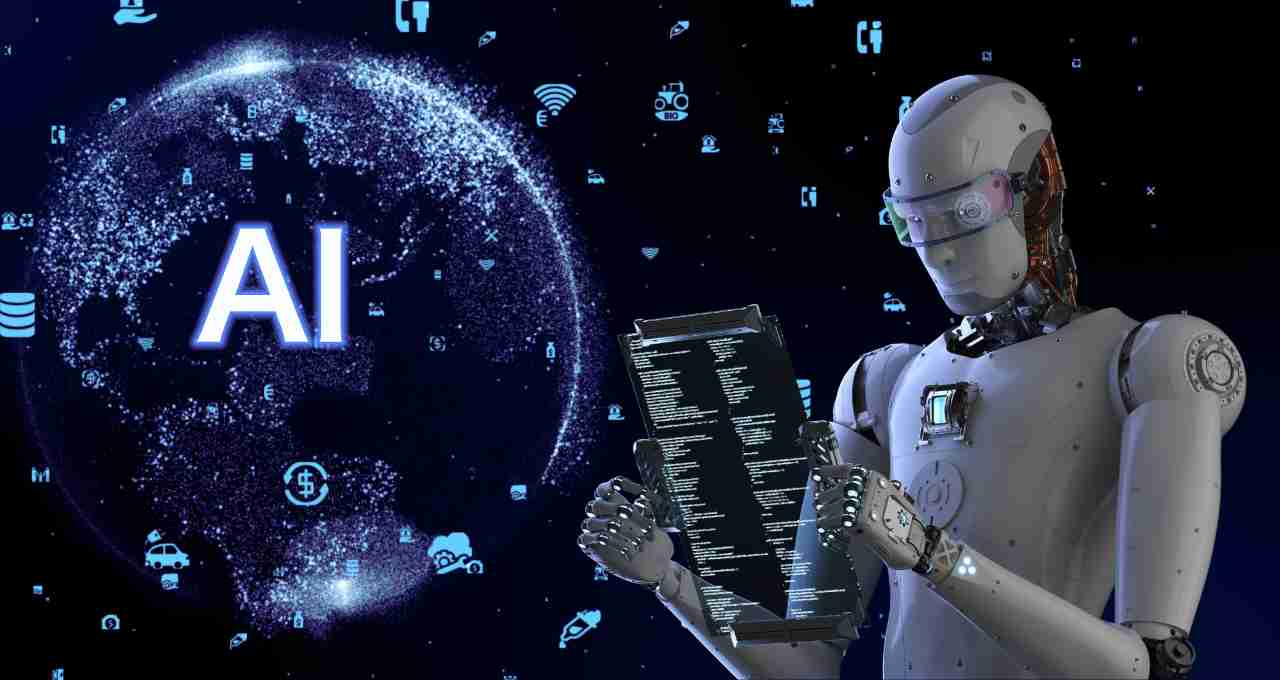
The expansion of AI will not only eliminate jobs but also give rise to issues such as a mental health crisis, loneliness, and a lack of purpose in society. Gawdat believes that when a person is deprived of their work, they feel insecure about their existence, which leads to a decline in self-dialogue, relationships, and social contribution.
'AI is not just a tool; it is redefining our lifestyle,' Gawdat said. He described this change as 'humanity's greatest test,' requiring us to maintain sensitivity and social solidarity as we navigate through it.
Is Universal Basic Income the Only Solution?
Mo Gawdat has advocated for Universal Basic Income (UBI) to overcome this crisis. UBI is a system in which every citizen receives a minimum monthly income from the government, regardless of whether they have a job or not. He says that the jobs taken by AI can only be compensated through economic security and social support systems. Gawdat urged policymakers to emphasize ethical AI development and promote technologies that align with human values.
The World's Social Structure Will Change by 2040
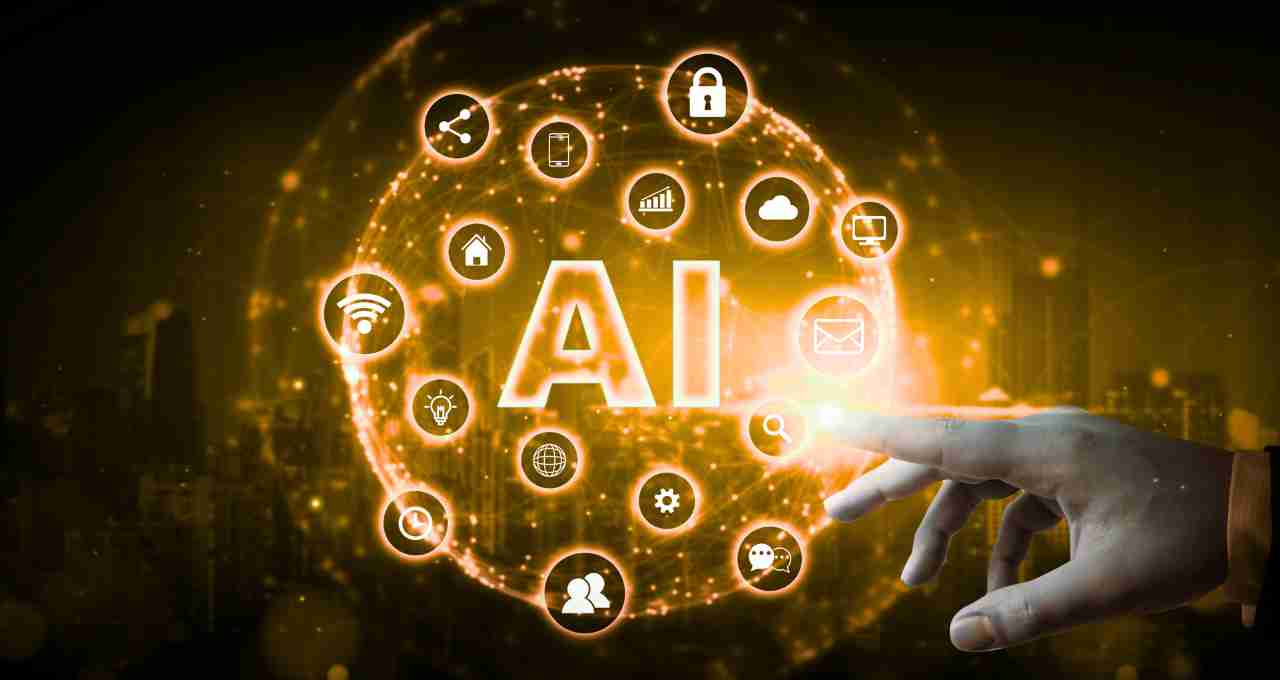
Gawdat's vision extends beyond 2040, where he envisions a society that will transcend materialism and consumerist thinking. According to him, humanity's priorities will change in the times to come—collective community, creativity, spiritual growth, and values such as love will be paramount.
This change will not be natural; it will require struggle, policy changes, and public awareness. Gawdat believes that the coming decade will be full of challenges, but if society makes balanced decisions, it could become an era of 'Technological Renaissance.'
How Strong Is Our Preparation in This Era of AI?
AI is no longer a fantasy—it is today's reality. Large-scale automation, chatbots, generative AI tools, and robotics have already begun to change the nature of jobs. Now, the question is whether we will accept this change or resist it? Mo Gawdat's warning is an attempt to alert us in time. It is the responsibility of governments, companies, and every section of society to maintain human values along with technological development.
